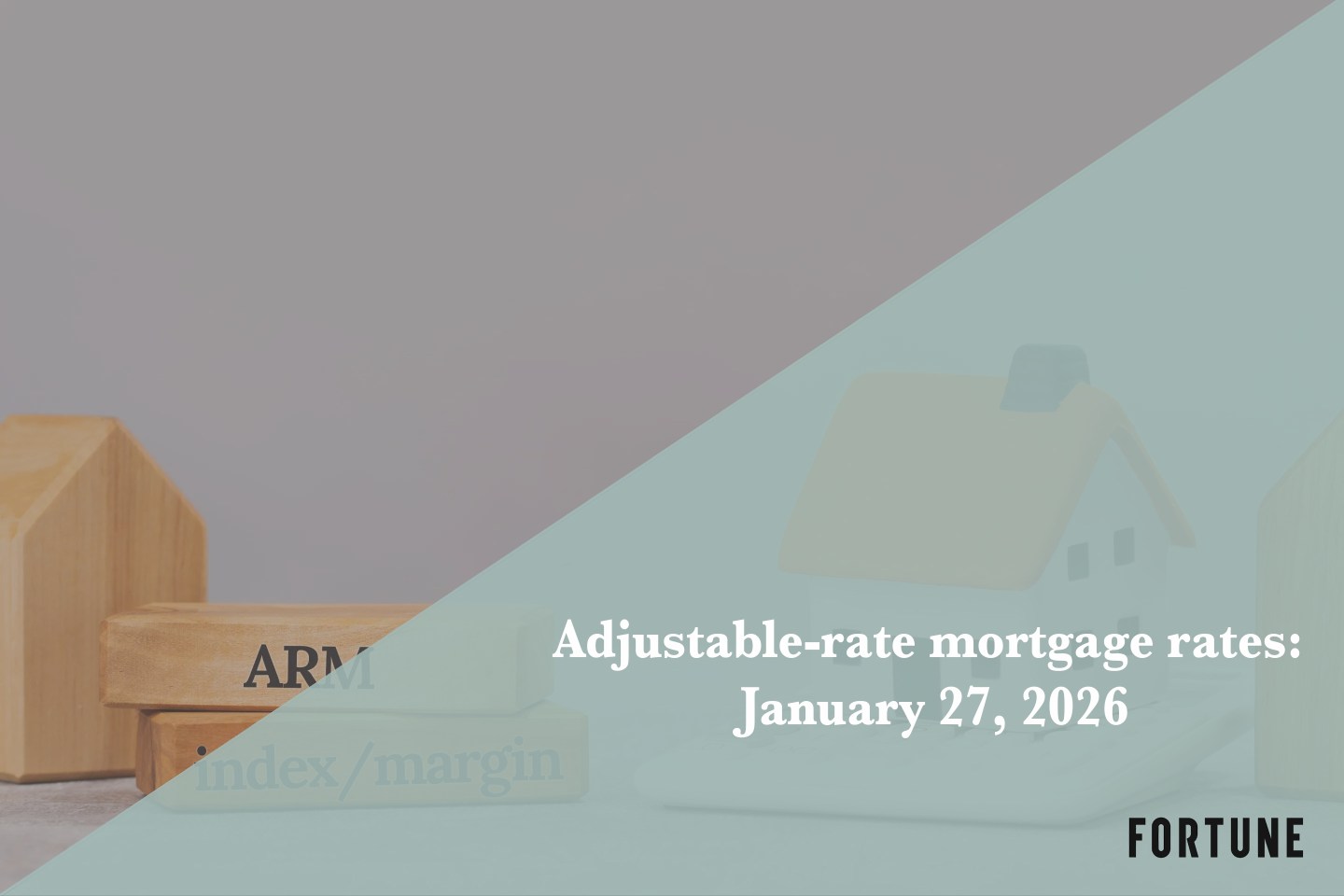The fog over the financial industry is about to lift just a bit.
Regulators are expected to release guidelines Sunday spelling out the size and type of capital cushion banks must hold against losses. The Basel Committee on Banking Supervision, which comprises officials from 27 countries including the United States, is updating its rules in hopes of preventing a recurrence of the 2008 financial meltdown.

The new policies, known as Basel III, will be enforced by local bank watchdogs such as the Federal Reserve and will take effect over a period of years. It was just three years ago that the Fed announced rules implementing Basel II, which officials praised at the time as “promoting the resiliency of the banking and financial systems.”
It didn’t exactly work out that way, obviously, and this time policymakers have pledged to get it right – which means banks will have to set aside more capital and have less leeway to puff up their capital bases by counting things like deferred tax assets, which have little value when bank stocks plunge in a panic.
Here are the key issues the committee is expected to decide on this weekend:
- The minimum size of the so-called core capital cushion – the funds banks accumulate by selling stock and retaining profits. It is expected to rise to at least 7% of risk-weighted assets from the current 2%.
- The degree to which too-big-to-fail banks, those that pose a risk to the financial system should they fail, might have to hold more capital than smaller ones.
- The rules under which banks might be forced to hold more capital during an economic boom, or be permitted to use capital to offset losses in a downturn.
Worries about the impact of the tougher Basel rules have shaken European markets this week. Barclays tumbled Tuesday on concerns that new rules may force it to raise new capital, and Deutsche Bank slipped Thursday on reports it is considering an $11 billion stock sale.
Because U.S. Banks spent much of the last two years raising new money in the market and building up their profits thanks to the free-money policies of the Federal Reserve, the new rules may not have as big an immediate impact on the likes of Bank of America and JPMorgan Chase.
“Large-caps could potentially be overcapitalized as soon as 2011, even when assuming higher regulatory capital standards,” Baird analyst David George wrote last month.
He and other analysts say that while big U.S. Lenders will be under regulatory pressure in coming months to keep building capital by retaining earnings, some big banks may soon have enough funds on hand to start raising dividends that were slashed during the crisis.
Because they will apply everywhere, the Basel policies have been the subject of intense lobbying — particularly by Japan and the biggest European nations, whose banks tend to be less robustly capitalized than those in the United States and the United Kingdom.
German bankers, for instance, say they will have to raise more than $100 billion to comply with the new rules if they impose a 10% Tier 1 capital ratio.
Recent reports suggest the final proposal will have been watered down somewhat, in part on the argument that now is not the time to crack down on banks and further compress lending, compromising a weak recovery.
And while the profit outlook for U.S. Banks looks fairly drab, with the economy weak and in no apparent hurry to get stronger, a sense that we know what the new capital rules will look like could at least give investors something to look forward to.
“Assuming Basel III capital guidelines are reasonable, we believe a select few banks will feel more comfortable with share repurchases and/or increased dividends in the not too distant future,” Stifel Nicolaus analyst Christopher Mutascio wrote this week in a note to clients.
He said PNC (PNC), US Bancorp (USB) and Wells Fargo (WFC) will be among the first to raise dividends and resume stock buybacks.











